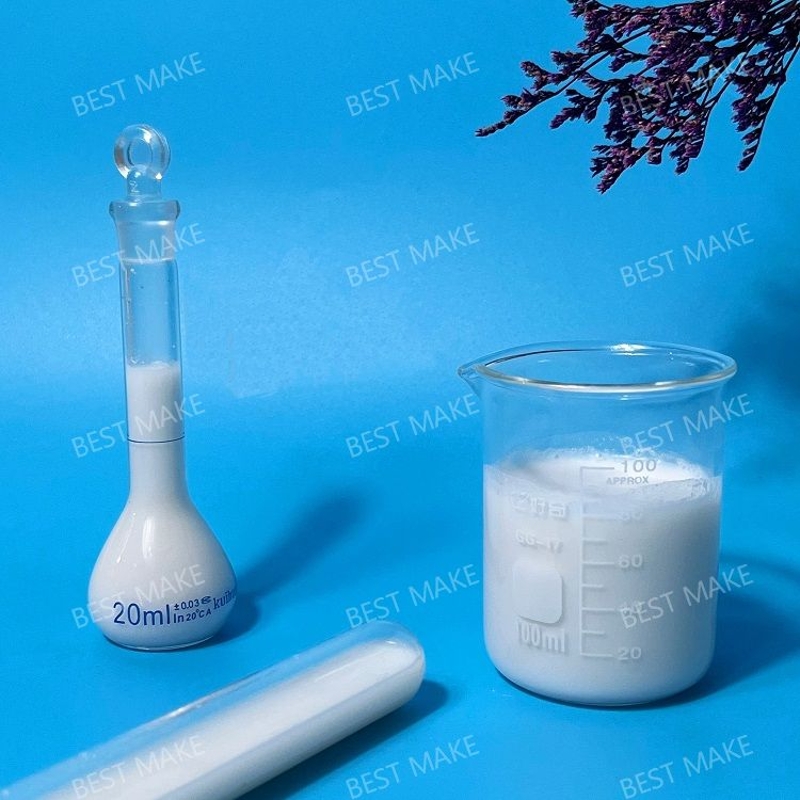-
Categories
-
Pharmaceutical Intermediates
-
Active Pharmaceutical Ingredients
-
Food Additives
- Industrial Coatings
- Agrochemicals
- Dyes and Pigments
- Surfactant
- Flavors and Fragrances
- Chemical Reagents
- Catalyst and Auxiliary
- Natural Products
- Inorganic Chemistry
-
Organic Chemistry
-
Biochemical Engineering
- Analytical Chemistry
- Cosmetic Ingredient
-
Pharmaceutical Intermediates
Promotion
ECHEMI Mall
Wholesale
Weekly Price
Exhibition
News
-
Trade Service
Inductively coupled plasma mass spectrometry (ICP-MS) is widely used in environmental, food, medicine, geology, metal materials, biological samples, chemical materials and other sample analysis.
It can be used to detect other than He, Ne, F, H, O, N external elements almost all elements of analytical techniques
.
ICP-MS provides a very wide linear dynamic range (more than 7 orders of magnitude), and a very low detection limit
In addition, ICP-MS can also be used to detect the presence of organic solvents in the matrix, which can correct for matrix interference effects
.
ICP-MS can quickly detect multiple elements in a small amount of samples (50-100uL)
1.
Principle ICP-MS is an inorganic element analysis technology.
ICP is a high-temperature ion source.
The argon gas is excited to form a plasma torch with a temperature of up to 10000k instantly through ICP high-energy excitation.
The sample is ionized by the plasma torch and the ions are With a mass filter (MS), the concentration of the element to be measured can be determined by measuring the number of ions passing through the mass filter
.
2.
Advantages and disadvantages
(1) The sample demand is small, only a few microliters to a few milliliters
.
(2) The dynamic range is very wide
.
(3) Suitable for organic solvents
.
(4) It can measure multiple elements at the same time, which is a multi-element analysis technology
.
(5) Isotope identification and determination can be performed
.
(6) It has fast scanning capability (semi-quantitative analysis)
.
(7) It has an excellent detection limit
.
(8) Less interference and easy to eliminate
.
(9) The cost of the instrument is high
.
(10) At present, there are relatively few national standard detection methods available
.
3.
The application of ICP-MS method has low detection limit, high sensitivity and little interference.
It has achieved great success in the trace and ultra-trace analysis of inorganic elements.
It has developed rapidly and is gradually becoming the mainstream technology of elemental analysis
.
It is widely used in agriculture, environmental protection, geology, water quality, food testing, medical research and other fields
Currently, ICP-MS standard methods are on the increase, commonly used "Determination of Water 65 kinds of elements" (HJ700), "Determination of total arsenic and inorganic arsenic" (GB / T5009.
Related Links: Principles of Inductively Coupled Plasma Atomic Emission Spectroscopy







